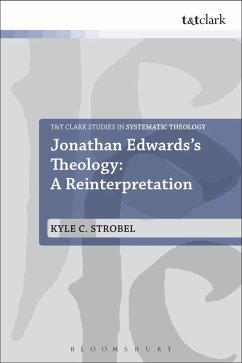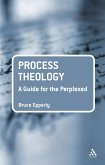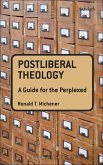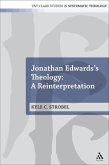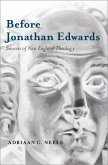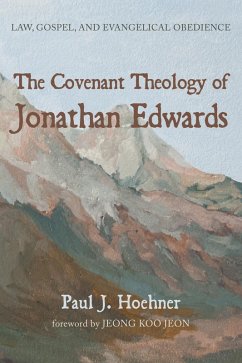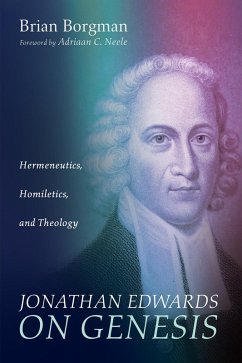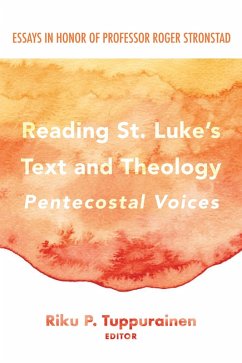This volume provides an interpretative key to Jonathan Edwards's theology developed from within his own doctrinal constructs. Strobel offers a dogmatic exposition of Edwards's theology by unveiling the trinitarian architecture of his thought. Building upon this analysis, Strobel applies his construct to reinterpret three key areas of redemption debated widely in the secondary literature: spiritual knowledge, regeneration, and religious affection.
In order to achieve this purpose, Strobel's approach is theological rather than philosophical, employing Edwards's self-confession as a Reformed theologian to guide his analysis. In advancing a theological reading of Edwards, Strobel focuses on the systematic nature of Edward's theology, ordering it according to his doctrinal affirmations. This necessitates, as many Edwards scholars now affirm, a primary focus on Edwards's trinitarian theology, where the Trinity serves as the key ontological principle which orders the whole of his doctrinal construction. By grounding the interpretive key in Edwards's understanding of the Trinity, Strobel's idiosyncratic exposition of his doctrine of the Trinity serves to recast Edwards's theology in a new light.
In order to achieve this purpose, Strobel's approach is theological rather than philosophical, employing Edwards's self-confession as a Reformed theologian to guide his analysis. In advancing a theological reading of Edwards, Strobel focuses on the systematic nature of Edward's theology, ordering it according to his doctrinal affirmations. This necessitates, as many Edwards scholars now affirm, a primary focus on Edwards's trinitarian theology, where the Trinity serves as the key ontological principle which orders the whole of his doctrinal construction. By grounding the interpretive key in Edwards's understanding of the Trinity, Strobel's idiosyncratic exposition of his doctrine of the Trinity serves to recast Edwards's theology in a new light.

